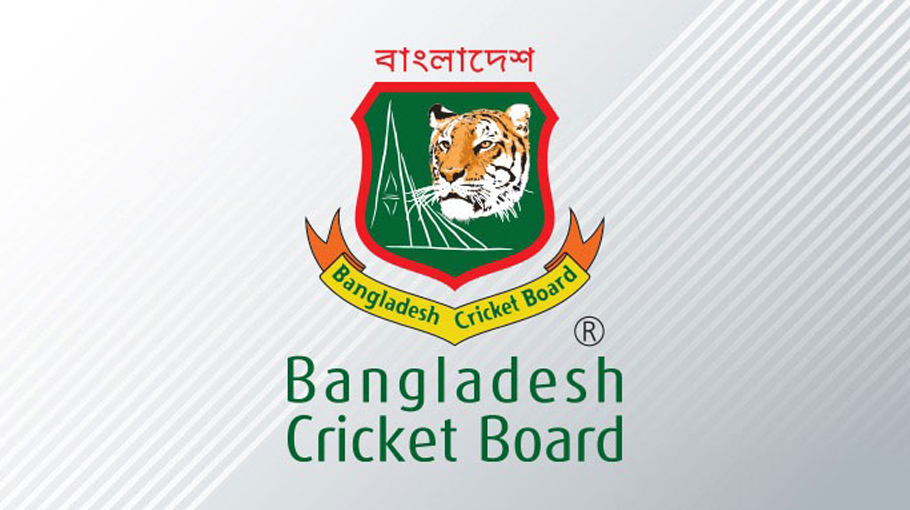BCB should implement AI's usage

Bangladesh Cricket Board (BCB) is yet to finalise and announce the squad for the upcoming T20 World Cup, a much-anticipated tournament set to commence in the USA and West Indies on June 1st. The official announcement is expected to follow the culmination of the ongoing five-match T20 series against Zimbabwe. This impending announcement sparks a captivating question: could the BCB leverage the burgeoning power of Artificial Intelligence (AI) to bolster their team selection process for the World Cup?
Presently, there appears to be a distinct lack of enthusiasm for AI integration within the BCB's World Cup preparations.
This stance, championed by Chief Selector Gazi Ashraf Lipu and Coach Chandika Hathurusingha, has left many cricket aficionados scratching their heads. After all, AI has emerged as a formidable analytical tool across the cricketing landscape, offering invaluable insights to teams seeking that extra edge.
Notably, the BCB has yet to establish any collaborations with AI technology groups or institutions, opting instead to adhere to established, yet potentially outdated, selection methods.
This unwavering traditionalism raises significant questions regarding the BCB's willingness to embrace cutting-edge scientific and modern strategies that could potentially propel Bangladesh towards glory in high-stakes tournaments like the World Cup.
The incorporation of AI technology has the potential to be a true game-changer for Bangladesh's T20 World Cup campaign.
AI's analytical prowess could meticulously fine-tune the team's strategy, offering a wealth of insights that could prove pivotal for success. Imagine AI meticulously dissecting player performance data, pinpointing crucial strengths and weaknesses, and even suggesting optimal batting orders and bowling lineups based on complex algorithms. This data-driven approach could equip the Bangladesh team with an unparalleled level of strategic preparedness.
However, the decision to embrace this transformative technology ultimately rests with the selectors.
They must carefully consider the potential impact of AI on shaping future outcomes, recognising its ability to provide an objective, data-centric perspective that could complement, and perhaps even enhance, the invaluable experience and intuition of seasoned cricket professionals.
The debate surrounding player selection in the age of AI is particularly intriguing. Could the expertise of seasoned cricket professionals, honed over years of experience and characterised by the fabled "cricket eye," be complemented, or even conceivably replaced, by AI? While the ability to recognise raw talent and cricketing instinct remains an irreplaceable human quality, AI could offer a complementary data-driven perspective that influences the BCB's choices. AI's ability to analyse vast quantities of player data, encompassing past performances, playing styles, and potential matchups against specific opponents, could provide the BCB with a more comprehensive picture of a player's suitability for the high-pressure environment of the World Cup.
Ultimately, the question of whether the BCB will embrace AI in their World Cup selection process remains unanswered. The decision hinges on a joint call by the board and the coach, and is further complicated by the spectrum of opinions surrounding AI adoption within the cricketing world. While some hail AI as a revolutionary tool, others express concerns about its potential to dehumanise the selection process and overshadow the importance of cricketing experience. Only time will tell if the BCB will choose to harness the power of AI in their quest for T20 World Cup glory.





